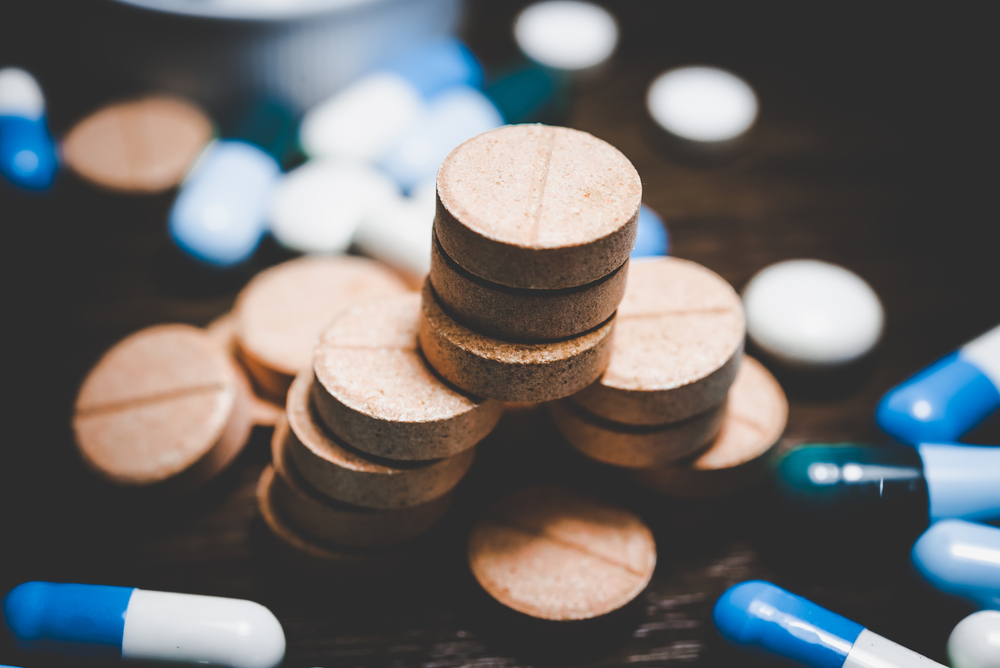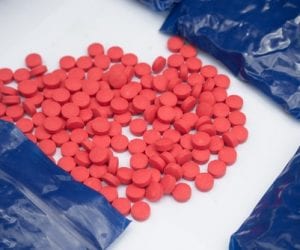
These neurotransmitters include dopamine and norepinephrine. But all ADHD medications work by increasing the levels of important chemicals ( neurotransmitters) in your brain. What does ADHD medication do?ĪDHD medications work in different ways depending on the type. For instance, hyperactivity in children may appear as extreme restlessness in adults.

Symptoms may look different for adults than they do for children. In addition, some adults with ADHD haven’t ever been diagnosed.Īdults with ADHD may have trouble following directions, remembering information, concentrating or organizing tasks. One study suggested ADHD symptoms carried into adulthood in 90% of cases. When symptoms of ADHD occur during childhood, they frequently continue into adulthood. They may also find it difficult to pay attention, follow instructions and complete tasks. Children with the disorder may be overly active and have trouble with impulsive behaviors. What is ADHD?Īttention-deficit/hyperactivity disorder (ADHD) is a very common neurodevelopment disorder. Many of the medications can treat ADHD in children as young as 6. Food and Drug Administration (FDA) has approved several different kinds of medications to treat ADHD. But it can help ease the symptoms of ADHD while you or your child is taking it so you can function more effectively. The medications help them ignore distractions, pay attention and control their behavior. In the same way, ADHD medication helps people with ADHD focus their thoughts. 21, 2022.For many people, putting on eyeglasses helps them focus their eyes. FDA Drug Safety Communication: Completed safety review of Xenical/Alli (orlistat) and severe liver injury.Journal of Clinical Endocrinology and Metabolism. Pharmacological management of obesity: An Endocrine Society clinical practice guideline. In: Current Medical Diagnosis & Treatment 2021. Obesity treatment: A focus on pharmacotherapy of weight management. National Institute of Diabetes and Digestive and Kidney Diseases. Prescription medications to treat overweight and obesity.Pharmacotherapy of obesity: Available medications and drugs under investigation. It can cause newborns and babies to have dangerous reactions. Never give setmelanotide to a child under 6 years old.
AMPHETAMINE PILLS SKIN

The FDA has approved setmelanotide only for people age 6 and older who have obesity due to one of these rare inherited conditions: You take it as a weekly shot to manage obesity. Semaglutide also is used to help control type 2 diabetes. The other drugs in this group aren't often prescribed. It's one of four similar weight-loss drugs approved for use for less than 12 weeks, called short-term use. Phentermine by itself (Adipex-P, Lomaira) also is used for weight loss. Topiramate increases the risk of birth defects. Other possible side effects include an increase in heart rate and blood pressure, insomnia, constipation, and nervousness. Phentermine has the potential to be misused because it acts like a stimulant drug called an amphetamine. Phentermine-topiramate is a combination of a weight-loss drug called phentermine and an anticonvulsant called topiramate. But researchers haven't found that the drug causes liver injuries.

In rare cases, people have had serious liver injury with orlistat. You need to follow a low-fat diet when taking this medicine. Orlistat can cause side effects such as passing gas and having loose stools. You also can get orlistat in a reduced-strength form without a prescription (Alli). Liraglutide also is used to manage diabetes. Common side effects include nausea, headache and constipation. So your provider will need to check your blood pressure regularly at the start of treatment. Bupropion-naltrexone can raise blood pressure. Like all antidepressants, bupropion carries a warning about suicide risk. Bupropion is a drug to treat depression, called an antidepressant, and a drug to help people stop smoking, called a quit-smoking aid. Naltrexone is used to treat alcohol and opioid addiction. Bupropion-naltrexoneīupropion-naltrexone is a combination drug. It affects the way your body absorbs fat. Most prescription weight-loss drugs work by making you feel less hungry or fuller.


 0 kommentar(er)
0 kommentar(er)
